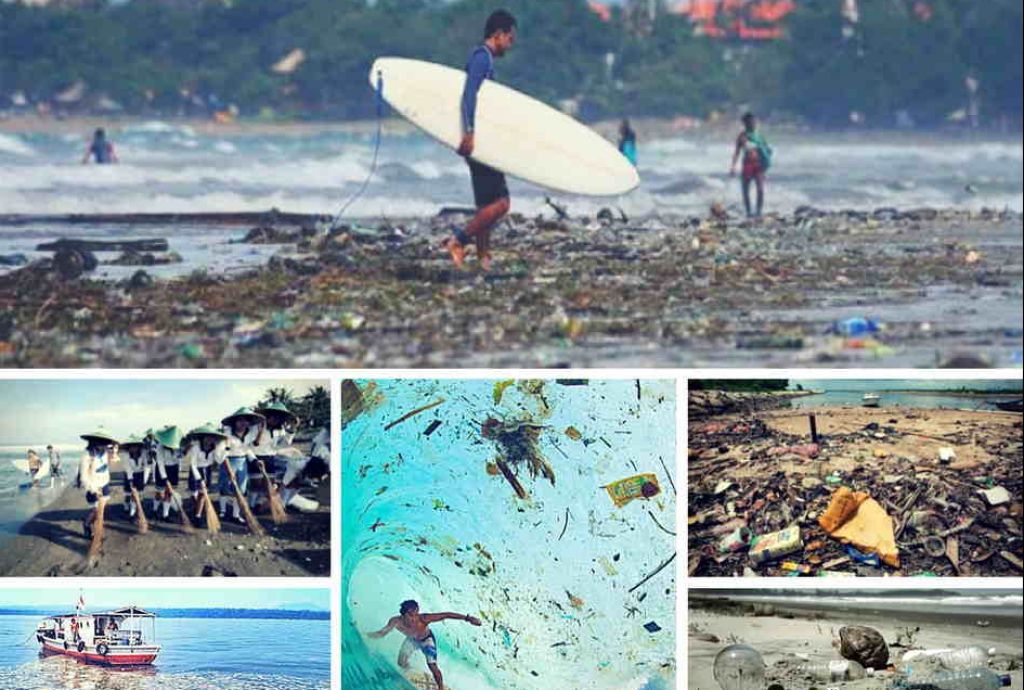Pollution In Bali

Bali suffers for years from an irrevocable consequence of mass tourism and the development of the island: pollution.
In Bali, tourism represents 50% of GDP and 25% of jobs but also exploits 60% of water resources.
Coastal erosion has also become a concern in recent years. This is detrimental to the local population and the public health of the island. Ecological awareness in Bali is just beginning to be realized by some minds, but the problem of waste continues to persist. Every day more than 13,000 cubic meters of garbage are counted.
In addition, the waste management in Bali is very poor: little collection, little recycling, and when they are picked up they are then dumped into the river or into the forest. To eliminate this waste the Balinese are obliged to burn them or even to bury them, which greatly damages the quality of the air and pollutes the groundwater. The biggest problem is that the government does not put in place any measures to promote improvement. Today, there are a number of associations that are sensitive to the issue of the environment and the impact of pollution on God's Island.
It is imperative that reflection be conducted among the local population, residents, tourism entrepreneurs and travelers to set up tracks that encourage a reduction of the impact of pollution on Bali, by turning and supporting tourism Eco-responsible for all stakeholders.
Attitudes must evolve in favor of respect for nature, local culture and the environment.
Hindu spirituality in Bali could encourage this progress thanks to its Balinese philosophy "TRI HITA KARANA" which consists of protecting the harmony between humans, their environment and spirituality.
In Bali, the Green School of Kul-Kul Camp gives hope. This school entirely built of bamboo-inspired by the architectural work of Leonardo da Vinci is a boon.The levels in this school begin from preschool to high school and were founded by two precursors of fair trade. Reflection and education are guided towards knowledge of nature, the environment, and respect for the ecosystem.
This school is supported by the Sustainable Educational Trust. However, this initiative is unfortunately only accessible to the Balinese and international social elites.




